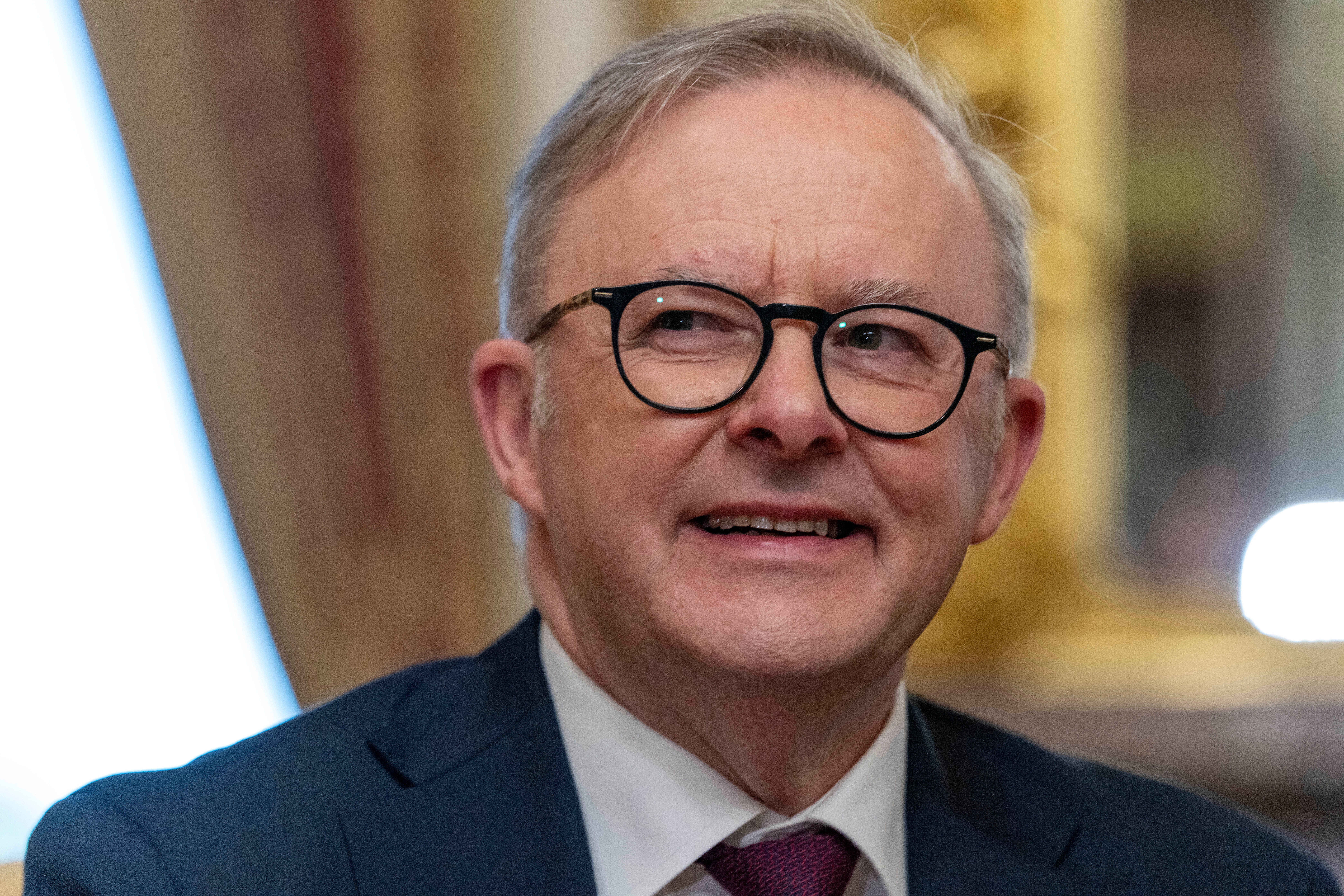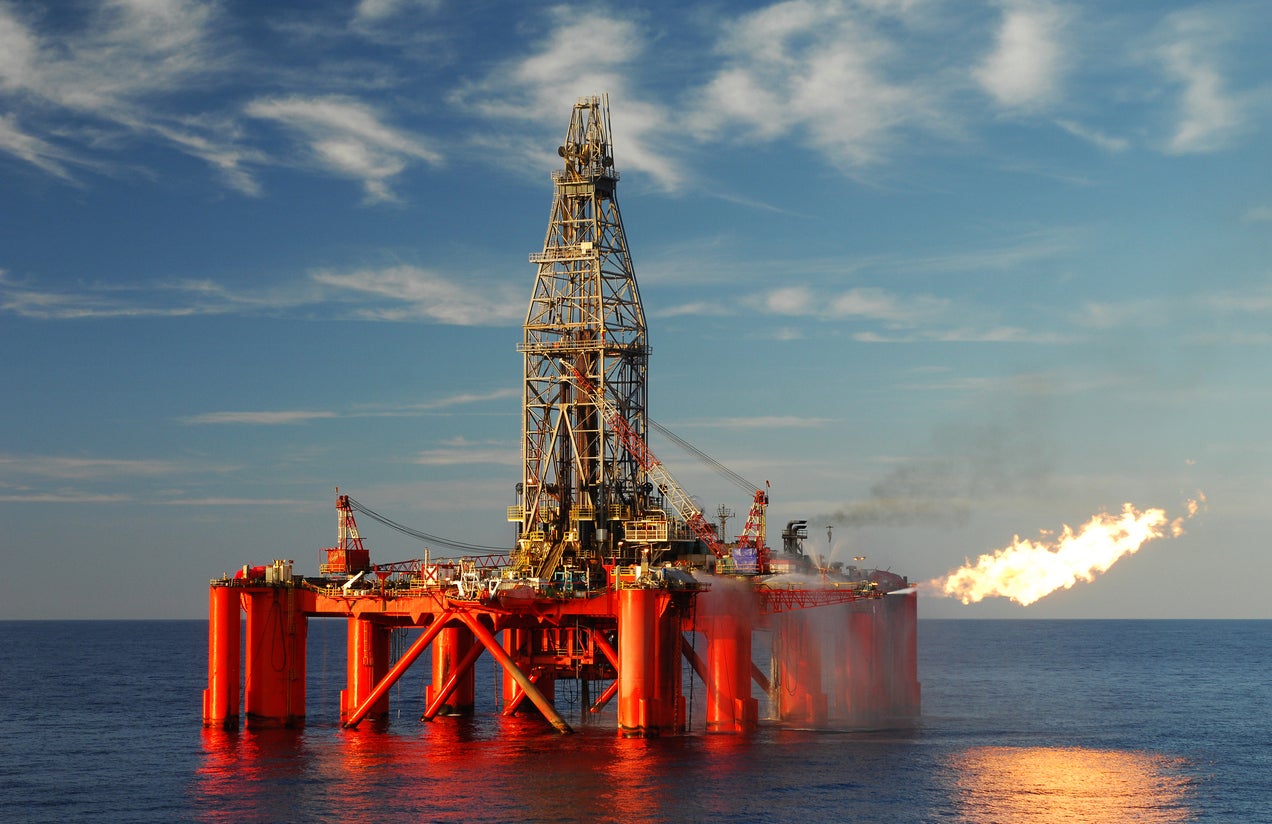Australia ends financing overseas oil and gas expansion after ‘decade of denial’
Albanese government has announced plans to become “renewable energy superpower”

Australia has pledged to stop funding overseas oil and gas projects after a “decade of denial” on climate change.
The country joined more than 40 other nations signed up to the Glasgow Statement on Tuesday, during the Cop28 climate talks in Dubai. The statement, initially agreed at Cop26, commits signatory states to encourage the transition to clean energy.
Australia, whose export credit agency ‘Export Finance Australia’ has a history of funding fossil fuel projects, avoided signing the statement at the summit held two years ago, despite support from the United States and the UK.
But now, prime minister Anthony Albanese has committed the country to stopping its export credit agencies and foreign aid from financing coal, oil, and gas by the end of next year, just weeks after announcing his ambitions to build Australia into a “renewable energy superpower”.
The shift underlines the Albanese government’s move to distance themselves from the reputation of past conservative administrations. Scientists called his predecessor Scott Morrison’s government “willfully negligent” on climate change during the devastating 2019-20 bushfires.

Chris Bowen, who serves as Mr Albanese’s climate change minister, said the new commitment followed a “decade of denial and delay” and showed “Australia’s ambitions to play an active role in building a net-zero economy”.
Mr Bowen spoke to the Australian parliament ahead of his visit to the Dubai summit, stating: "Unlike years gone past – Australians can be proud that there is a Government which not only has a comprehensive plan for action at home, but will be pushing for stronger action globally".
According to Australia’s foreign affairs minister Penny Wong, the decision reflects the demands of Pacific leaders.
On Monday, a coalition of civil society groups from Pacific island states like Tuvalu and Vanuatu demanded that the Albanese administration follow the example set by other major oil and gas exporters like Norway, which signed up to the Glasgow Statement days earlier.
The calls reflect a growing pressure on Australia from neighbouring island states, which are amongst those most threatened by the impacts of global warming, facing existential sea level rise despite being responsible for negligible amounts of global carbon emissions.
Heading into the Dubai summit, Albanese’s government had already signed a landmark treaty with Tuvalu, promising to provide climate change victims with immigration visas.
Flora Vano, a Vanuatu delegate who led Pacific civil society demands, said that Australia had “shown solidarity as our big sister”, but encouraged Albanese to go beyond purely signing up to the statement, saying “there is more to be done in the coming days”.
James Sherley, a climate justice campaigner at Jubilee Australia Research Centre, called the decision “long-overdue”, saying activists will be “watching closely” to see if the move reflects a “genuine effort of Australia to restore its reputation on the international stage”.
With the addition of Australia and Norway, the majority of countries in the OECD working group on export finance are now in favor of ending international public funding for coal, oil, and gas expansion.
Join our commenting forum
Join thought-provoking conversations, follow other Independent readers and see their replies
Comments
Bookmark popover
Removed from bookmarks